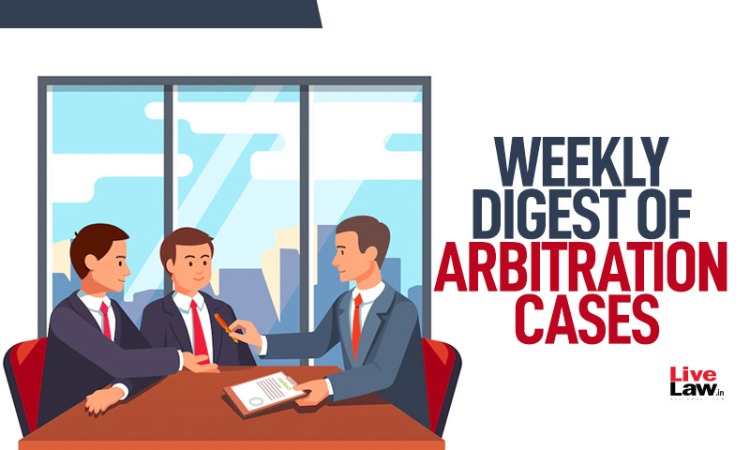Next Story
16 May 2022 8:45 AM IST
Supreme Court High Court Cannot Terminate The Mandate Of Arbitrator In Application Under Section 11(6) Of Arbitration Act : Supreme Court Case Title: Swadesh Kumar Agarwal versus Dinesh Kumar Agarwal Case Citation: 2022 LiveLaw (SC) 454 The Supreme Court has observed that a dispute/controversy on the mandate of the arbitrator being terminated on the ground mentioned in...

